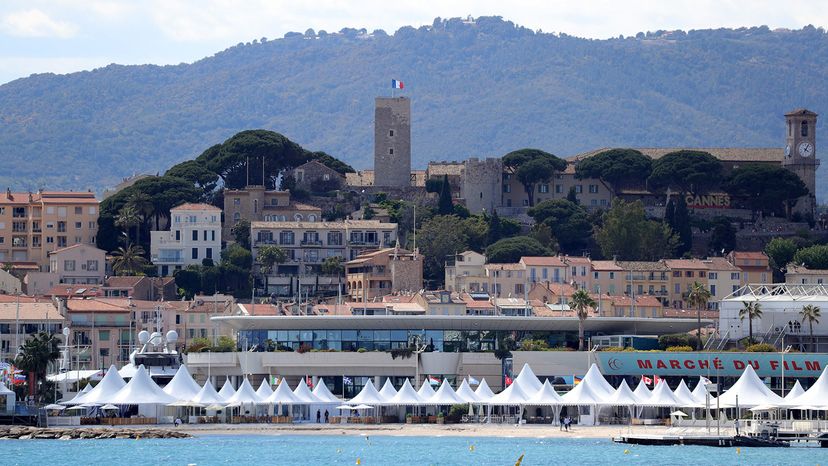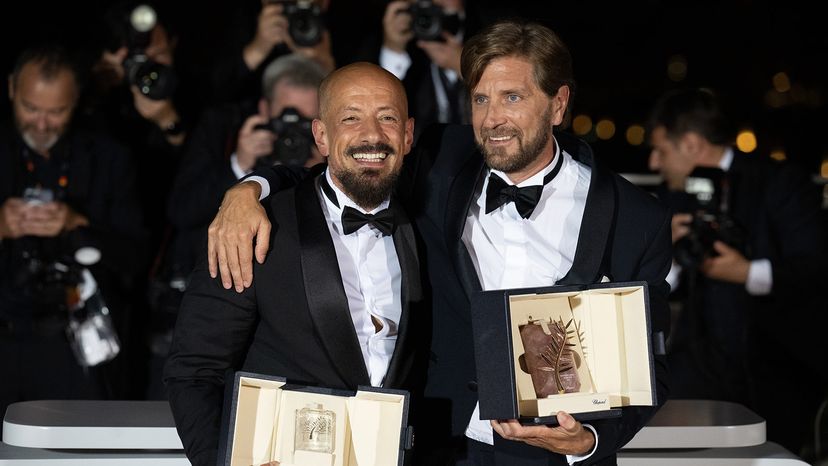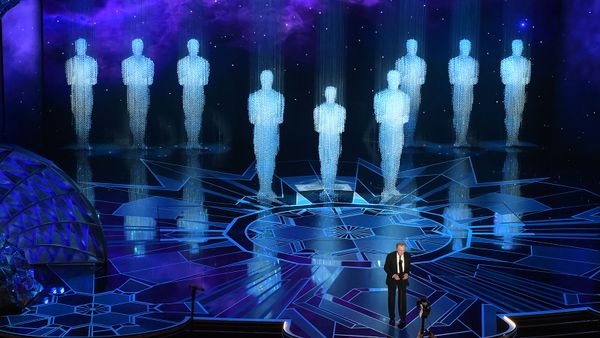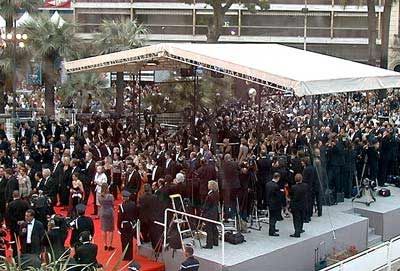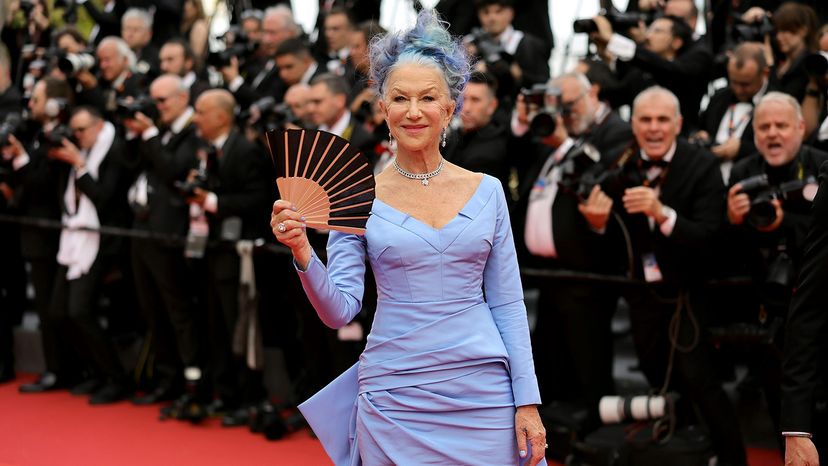
In the world of film, the Festival de Cannes — known to many of us as the Cannes Film Festival — is the largest international showcase of cinematic art. In the world of the yet-to-be-discovered filmmaker, the Cannes Film Festival is a godsend. It's not like the Oscars: Anyone can submit a film, and every submission has the chance to be viewed by representatives of the international movie industry.
Every year, for 12 days in May, the small city of Cannes in southern France turns into a meeting place for cinema's players, would-be players and the people who report on them. If you don't fall into any of these categories, your chances of attending a film screening at the festival are almost nonexistent, but you can gawk at the stars and bask in the atmosphere to your heart's content.
Advertisement
Artistically, it's an anything-goes film showcase that has launched the careers of directors like Quentin Tarantino and Steven Soderbergh. It boasts such diverse events as black-tie screenings and midnight movies on the beach, and it has grown into a fairly intricate system of main events, sidebars and awards. In this article, you'll find out what goes on during the Cannes Film Festival and why it is so unique.
